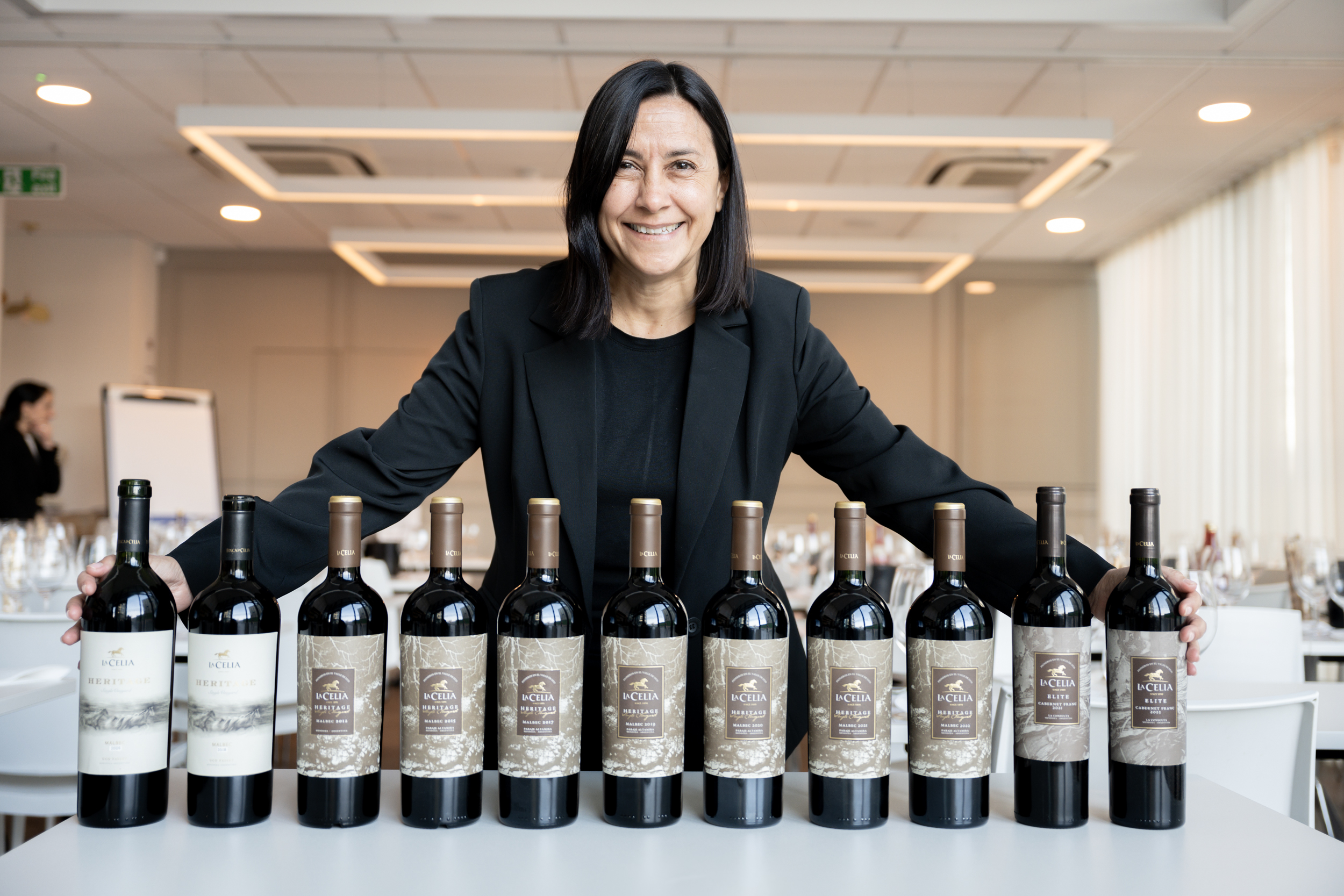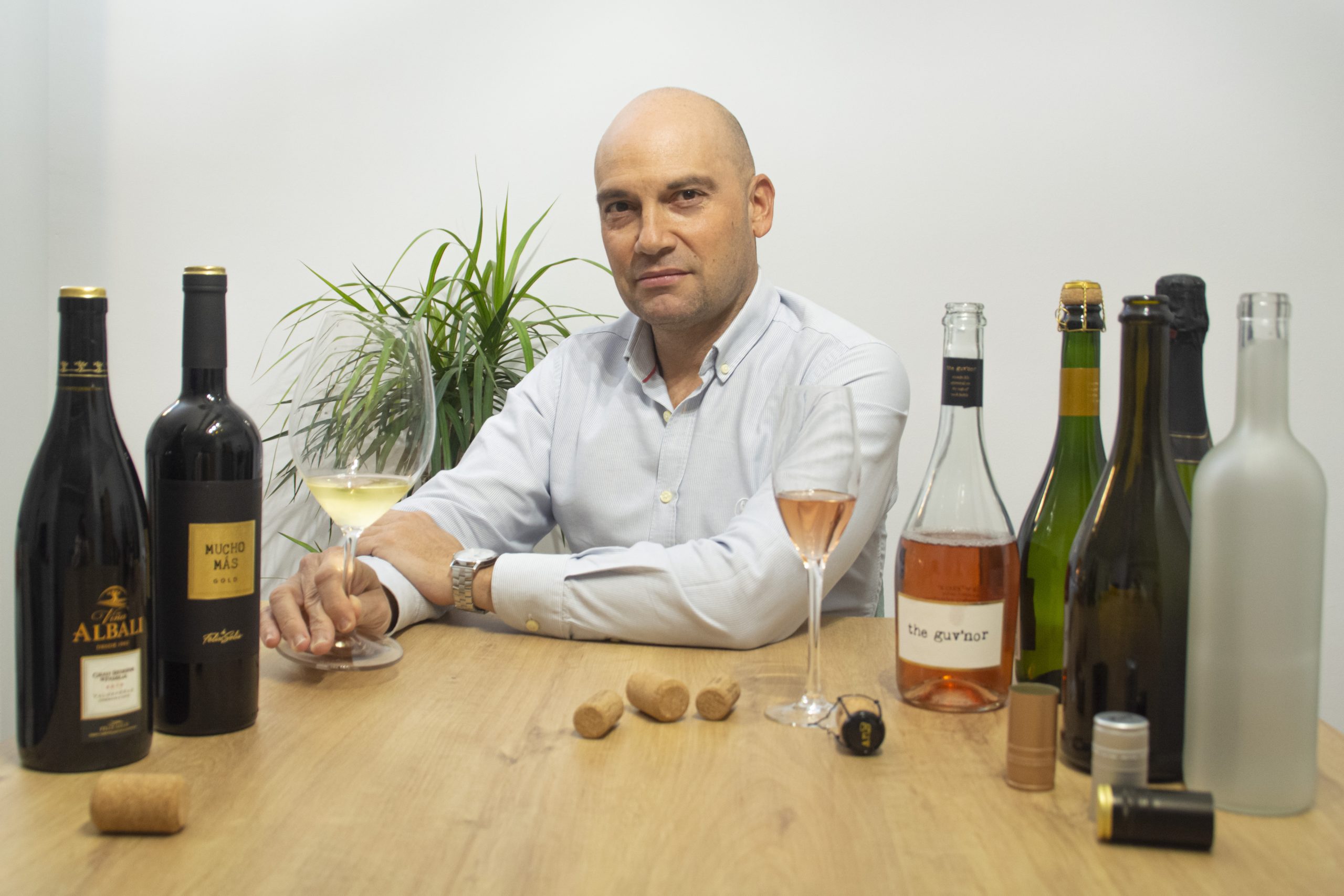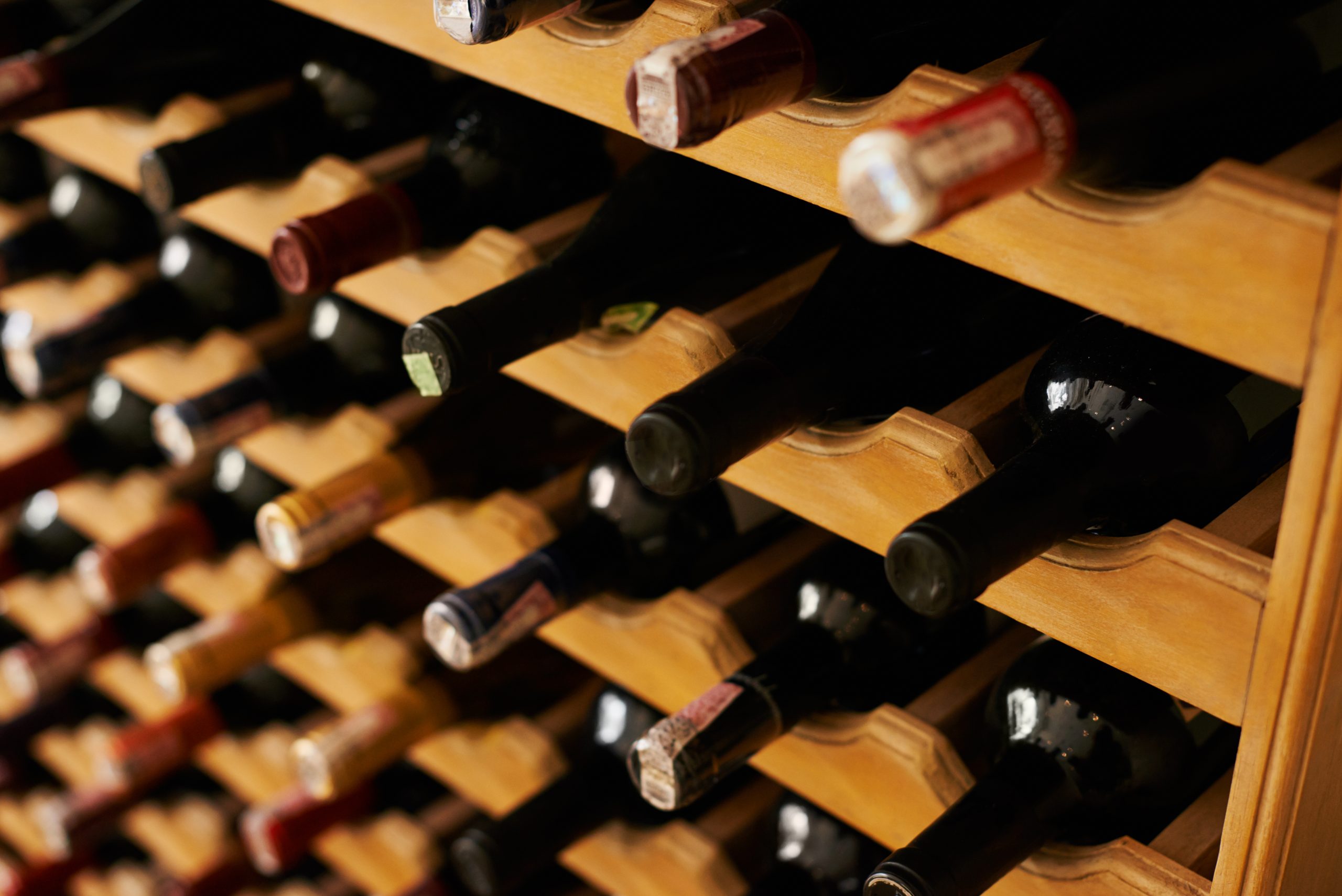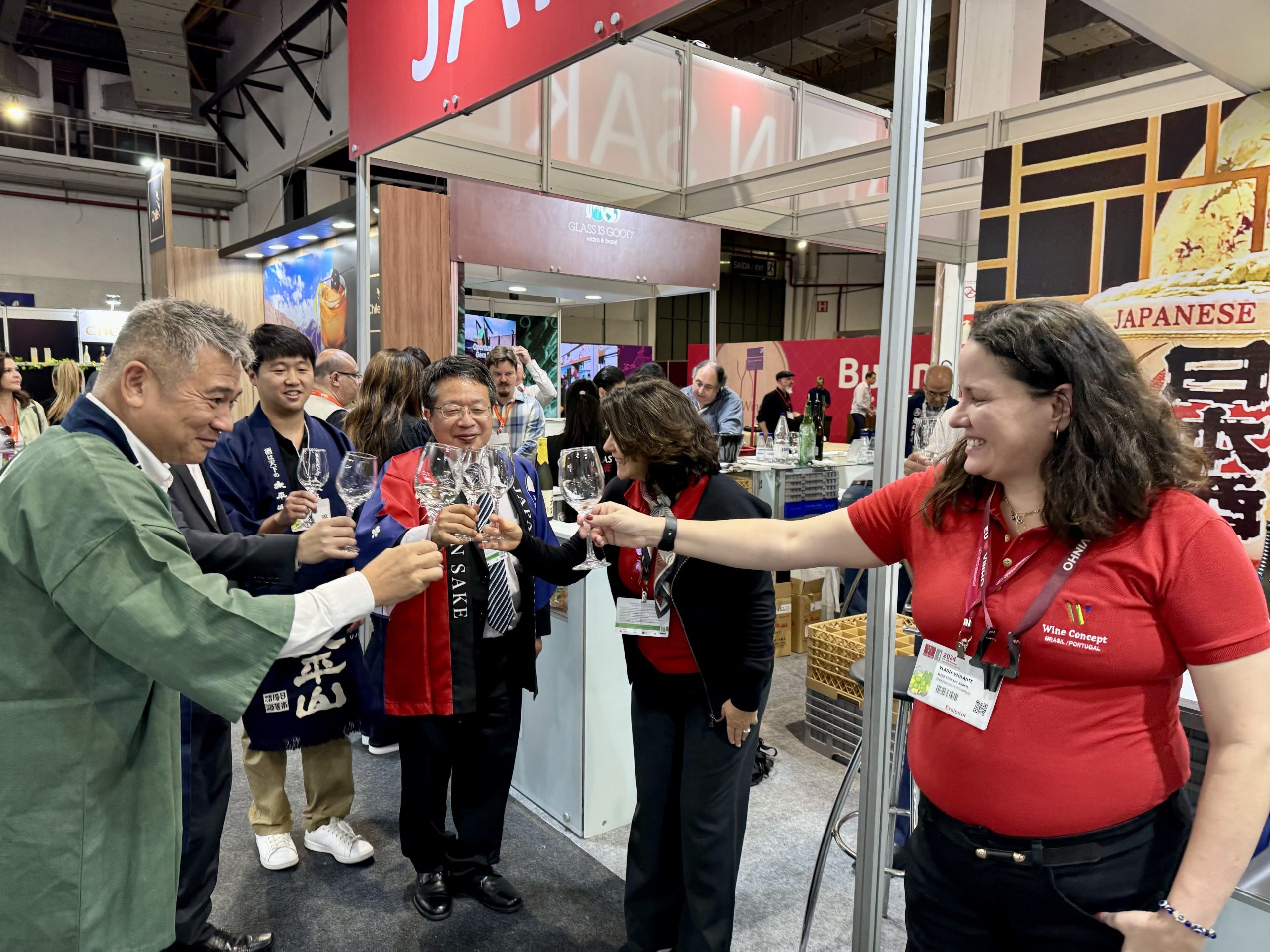Vast majority of consumers think breweries like AB InBev and Heineken can’t make craft beer
By Edith HancockThe vast majority of beer drinkers in the UK don’t believe that large-scale producers like AB InBev can make craft beer, according to a survey by the Society of Independent Brewers (SIBA).
The report, which said that 98% of consumers think a beer brewed by any major brewer can’t be considered craft, casts doubt on the marketing of smaller breweries that have been bought by or received investment from large-scale firms in recent years. Some 43% of the survey’s respondents said that a craft beer could only be made by a small brewery, while 42% said a craft brewer must be independent. This figure is actually down from 46% in a similar survey SIBA carried out in 2017.
SIBA’s craft beer report focused on the prevalence of large brewers either launching their own “crafty” products, such as Guinness’ Hop House 13 lager, or buying up smaller producers as more consumers shift away from mainstream lagers.
The integrity of the craft beer movement is a highly emotive subject within the brewing industry. Last summer, north London brewery Beavertown sold a 49% stake in its business to Heineken for £40 million, which would go towards a new state-of-the-art brewing facility as well as securing a brewpub at Tottenham Hotspur Stadium, a first for any independent brewery. After announcing the deal, several bottle shops decided to stop selling Beavertown’s beers, while other breweries also pulled out of the London producer’s upcoming beer festival, Beavertown Extravaganza.
“People are used to buying beers from across the UK in their favourite pub, bar or retailer, and for them it is the size and independence of that brewery which defines whether or not it is a craft beer.” Mike Benner, SIBA’s chief executive, said.
The survey, which was carried out last month, found that just 2% of consumers surveyed said that craft beer could be made by a global brewer.
Almost half of UK drinkers said they now prefer craft beer to mainstream lagers an ales in a survey carried out by Brewhouse & Kitchen in October last year, but depending on where they work, industry insiders have very different ideas on what it means to be “craft”.
However, SIBA allows members to carry an Assured Independent British Craft Brewer logo on its products, as long as the beer producer in question is “truly an independent brewer who is a sole trader, a partnership, a limited company or a public company but is not a subsidiary of a larger firm with attendant or other subsidiary brewing interests.”
“SIBA launched the ‘Assured Independent British Craft Brewer’ seal asa way of differentiating beer from truly independent craft brewers from the mass produced products of global brands – many of which are now being marketed as craft,” Benner said.
“This new research shows that if consumers were fully aware of what they were buying then they wouldn’t consider any beers from the global beer companies as craft, something which is hugely important for supporting and growing the independent beer market.”
In the US, the Brewer’s Association launched its own seal of independence in 2017. A string of independent brewing trade associations across Europe fighting back with their own independence brewers seals alongside SIBA, the UK industry body said.
Partner Content
Previously independent brewers that have been sold to global drinks giants :-
Fuller’s – bought by Asahi for £250m in 2019
Fourpure – bought by Lion in 2018
London Fields – bought by Carlsberg for about £1m in 2017
Lagunitas – Heineken completed takeover in 2017
Meantime – bought by SAB Miller for £50m, then sold to Asahi in 2016
Camden Town Brewery – sold to AB InBev for £85m in 2015
Goose Island – bought by ABInBev in 2011 for $40m
Sharp’s Doom Bar – owned by MolsonCoors since 2011




